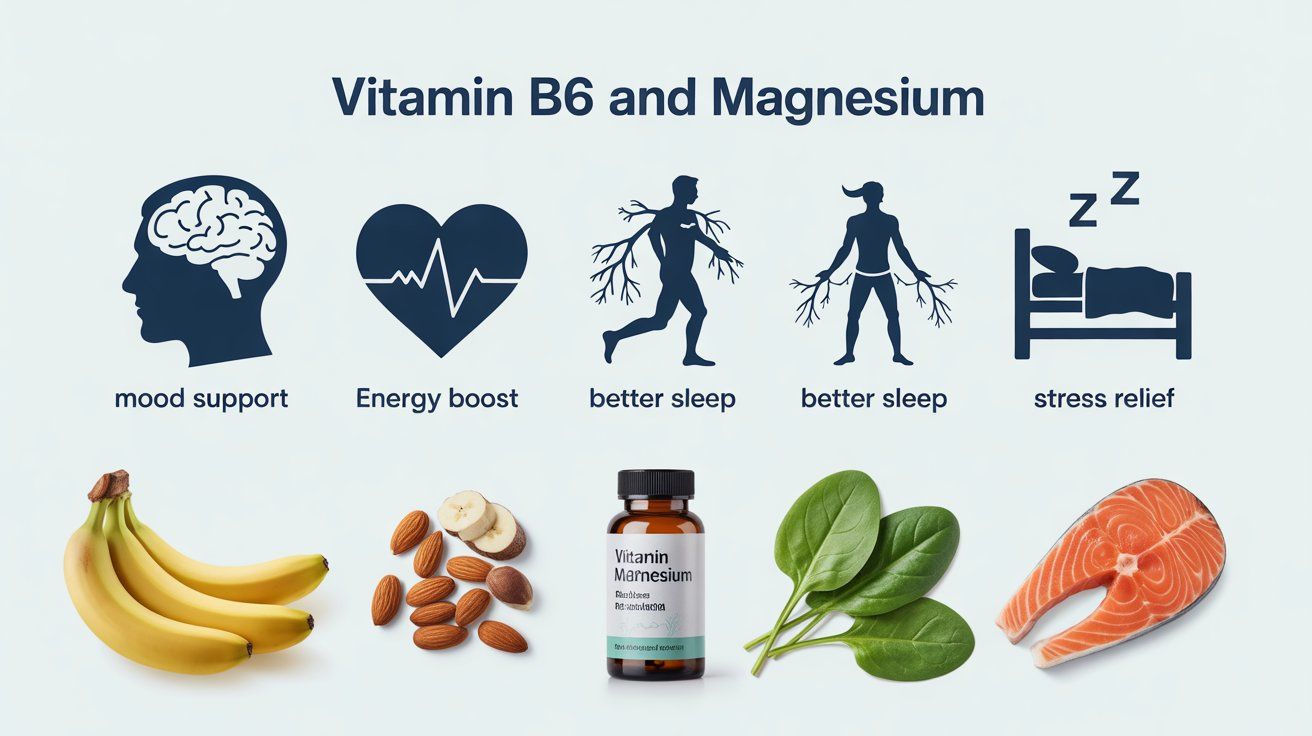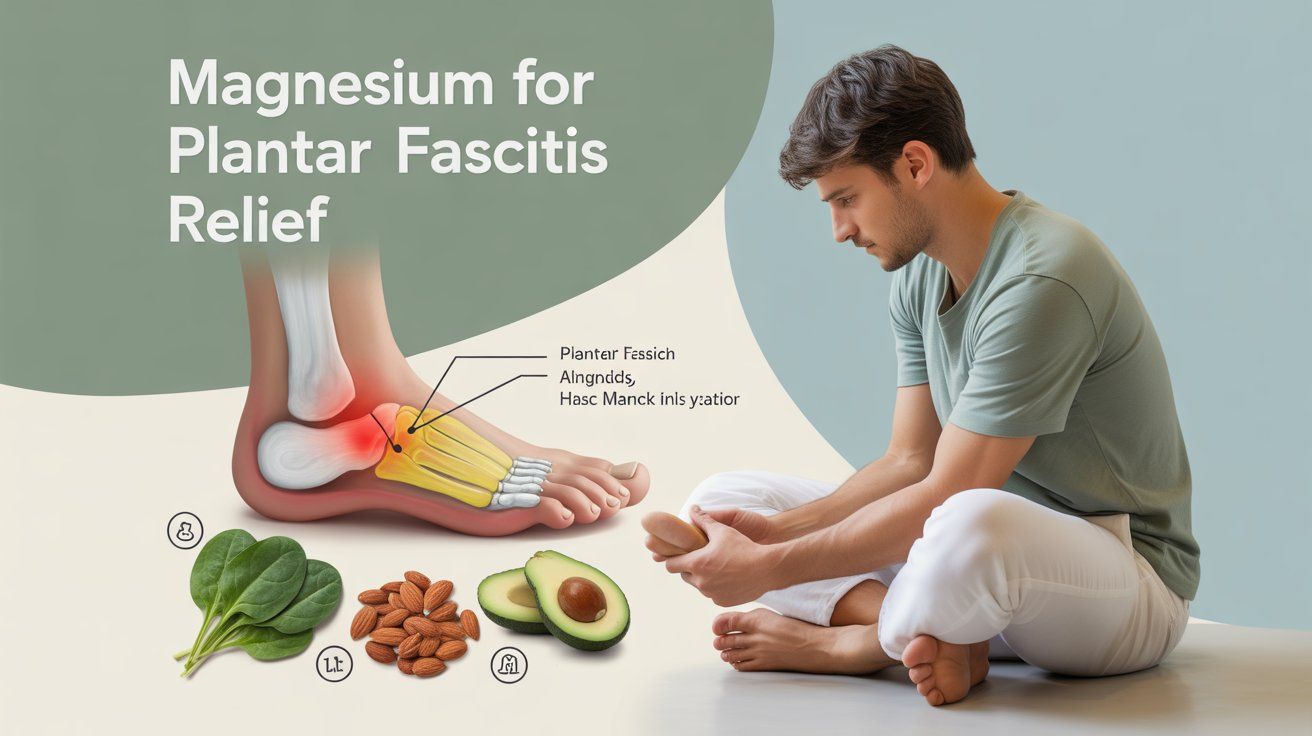Kids magnesium for sleep may support relaxation, but evidence in children is still limited.
Why Magnesium Matters for Sleep
Magnesium plays a key role in calming the nervous system.
It supports GABA activity, the neurotransmitter that helps the brain relax, and it also contributes to melatonin regulation.
Adequate magnesium can make it easier for children to fall into deep, restorative sleep.
When levels are low, kids may experience restless nights or trouble winding down.

What Research Says About Kids Magnesium for Sleep
Research on kids magnesium for sleep is still limited.
Most findings come from adult studies, which suggest magnesium may improve sleep quality and reduce insomnia.
In children, evidence is less clear, though some parents report benefits with fewer night awakenings.
Experts emphasize that supplements should be used carefully, alongside healthy bedtime routines.
How Much Magnesium Do Children Need?
Children’s magnesium needs vary by age.
Toddlers require about 80 mg daily, while school-age kids need 130–240 mg, and teens may need up to 410 mg.
These amounts include food sources.
Supplements should stay below tolerable upper limits to avoid side effects like diarrhea.
Parents should focus on diet first and confirm dosing with a pediatrician.

Best Magnesium Forms for Kids Sleep
Not all magnesium supplements work the same.
Magnesium glycinate is often recommended for sleep because it’s gentle and well absorbed.
Citrate supports absorption but may cause loose stools in higher doses.
Oxide is poorly absorbed, while threonate shows promise in brain health.
For children, choose forms that are well tolerated and always confirm safety with a pediatrician.
Food-First Approach: Magnesium-Rich Foods
Before trying supplements, parents can boost magnesium through food.
Kid-friendly options include spinach, pumpkin seeds, beans, oats, and fortified cereals.
Nuts like almonds and cashews also help, though watch for allergies.
A balanced diet usually provides enough magnesium for healthy sleep, making food the safest first step before considering kids magnesium for sleep supplements.
Safety, Side Effects & Recalls to Know
| Topic | Details |
|---|---|
| General Safety | Magnesium is safe for kids when taken within age-based limits. |
| Possible Side Effects | Too much may cause diarrhea, nausea, or cramps. |
| High-Risk Groups | Children with kidney disease face higher risks of complications. |
| Recent Recalls | Some magnesium sleep gummies were mislabeled and contained melatonin. |
| Parent Safety Tip | Always check labels and choose trusted, third-party verified brands. |
Safe Ways Parents Can Try Kids Magnesium for Sleep
IIf diet alone isn’t enough, parents may consider supplements cautiously.
Start with low doses, check the elemental magnesium listed, and avoid products that mix in melatonin unless prescribed.
Always choose third-party tested supplements.
Track changes in sleep quality, watch for stomach upset, and consult a pediatrician before making magnesium part of a child’s nightly routine.
When to See a Pediatrician
Seek medical advice if sleep problems persist despite good routines, or if your child shows signs of magnesium side effects like diarrhea, lethargy, or low blood pressure.
Kids on medications, especially antibiotics or heart drugs, may face interactions.
A pediatrician can assess whether supplements are safe and decide if lab testing for deficiency is needed.

Buying Checklist & Product Tips
When choosing kids magnesium for sleep products, look for the specific form (glycinate is gentle and calming).
Verify serving size is age-appropriate and check the elemental magnesium listed on the label.
Select supplements that are third-party tested for purity.
Avoid gummies with added melatonin unless prescribed.
Trusted brands with clear labeling offer the safest choice.
FAQs
Q1: Will magnesium help my child sleep?
It may support relaxation, but evidence in kids is limited.
Q2: Is it safe for toddlers?
Yes, within age-based RDAs and under pediatric guidance.
Q3: Best form for kids?
Magnesium glycinate is gentle and well tolerated.
Q4: Any side effects?
High doses can cause diarrhea or cramps.
Q5: Food vs supplements?
Food sources should always come first.

Hamid Raza, aged 65, is a seasoned expert in nutrition, health supplements, and wellness, with over four decades of experience researching and educating people about essential minerals like magnesium. His work focuses on helping individuals improve energy, bone health, muscle function, and overall wellness through scientifically-backed magnesium knowledge.
Throughout his career, Hamid has contributed to numerous health articles, research studies, and wellness blogs, making complex nutritional science accessible to everyday readers. Passionate about natural health solutions, he guides readers on choosing the right magnesium supplements for optimal health.





